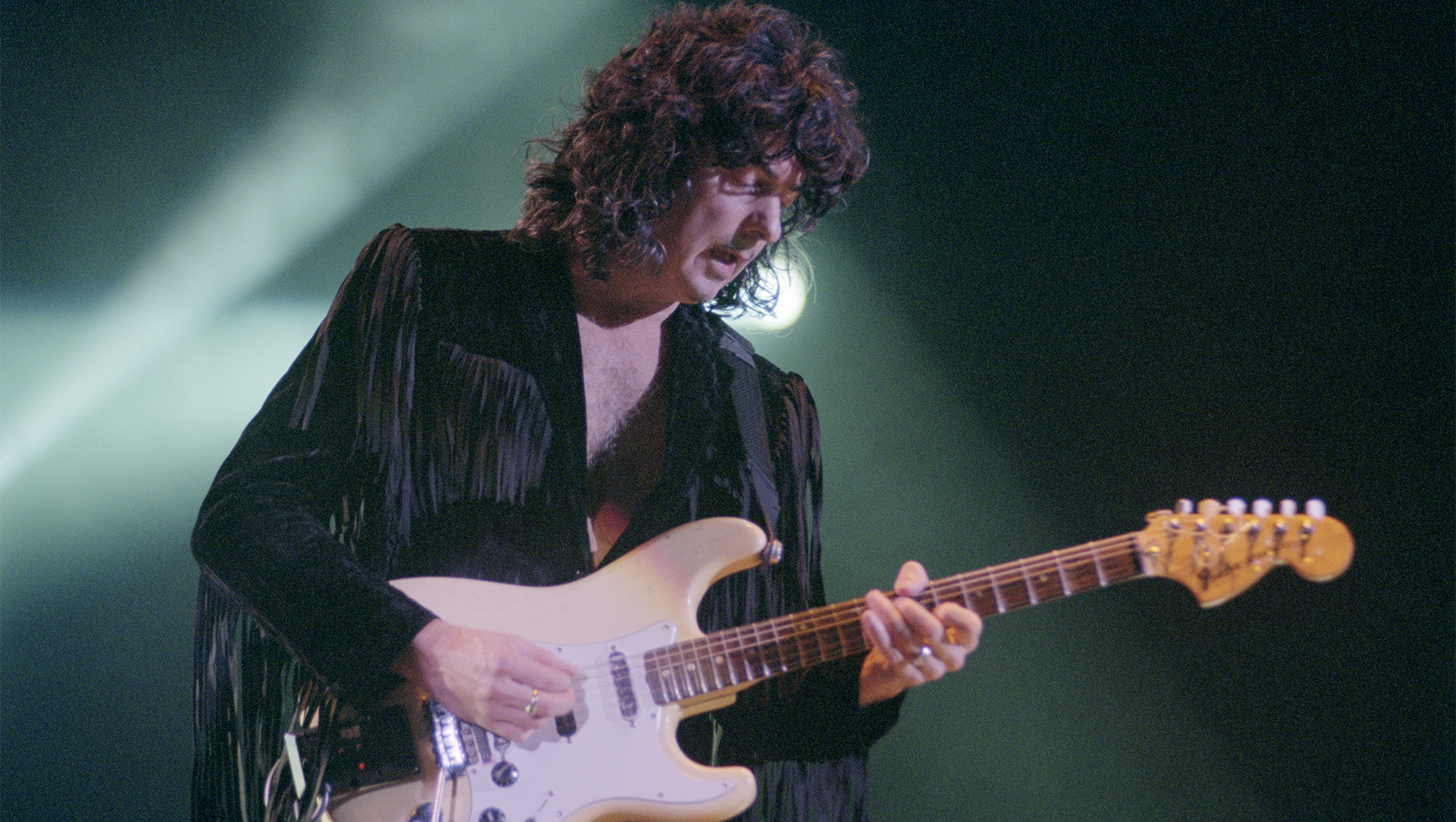Brian May Reveals the Magic Behind His Recording Studio Wizardry
In this insightful interview from the Guitar Player archive Brian May explains how he recorded classic Queen tracks.
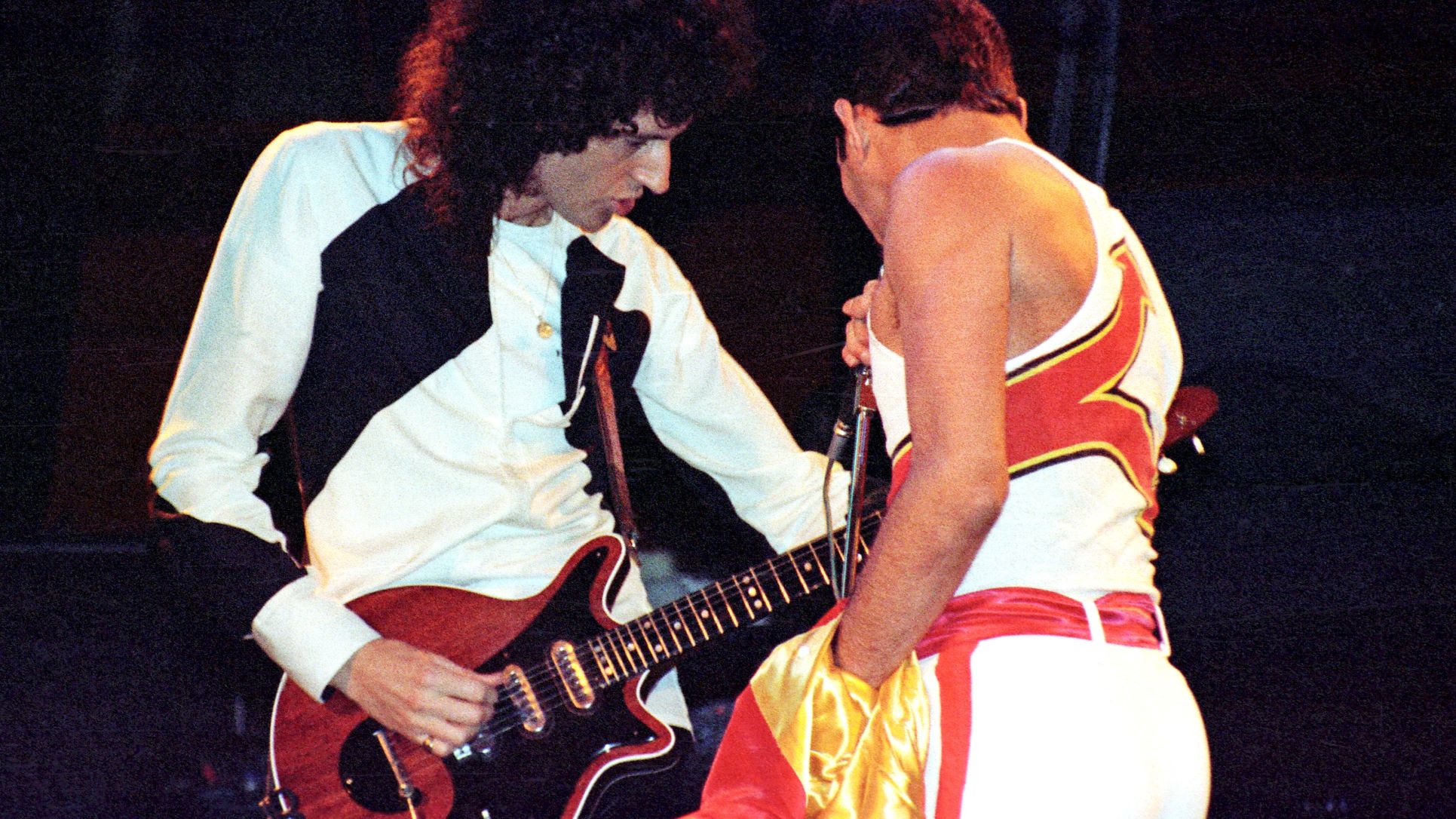
Onstage and on record, Brian May creates an amazing array of tones – from the thunderous counterpoint lines in "Brighton Rock" to the slick, rockabilly-influenced fills in "Crazy Little Thing Called Love" to the sweetly singing multi-tracked tones of "Keep Yourself Alive" and "Killer Queen". In this rare archive interview from the January 1983 issue of Guitar Player he discusses his recording techniques and specific cuts...
Perhaps your most identifiable sound is the sweet, sustaining tone used in "Killer Queen" from Sheer Heart Attack, "Procession" from Queen II, "The Wedding March" from Flash Gordon, and several other tracks. How is that created?
For those orchestral things, I've usually used a Vox AC30 as well as a small amplifier which was made by John Deacon. This has a little hi-fi speaker cabinet which is about a foot by six inches, and John put a little transistor amplifier inside it. I use it with a treble booster which overloads it. It just makes a good noise; I don't know why. I've gotten that tone out of all kinds of little practice amps as well – just crank them up, drive them nuts. Vox made a little baby AC30, and I've used those on occasion. They're quite good.
For almost everything else, I use old Vox AC30s that have tubes instead of transistors. These have a very flexible, identifiable sound without much coloration. You can get a wide range of sound from them, and they always have that nice little high fidelity edge to them. They use tubes biased in a Class A range. Most guitar amplifiers are Class B, which means they have more inherent distortion in them at lower levels. The Vox AC30s are very clear at low level and then gradually and smoothly go into a nice distortion.
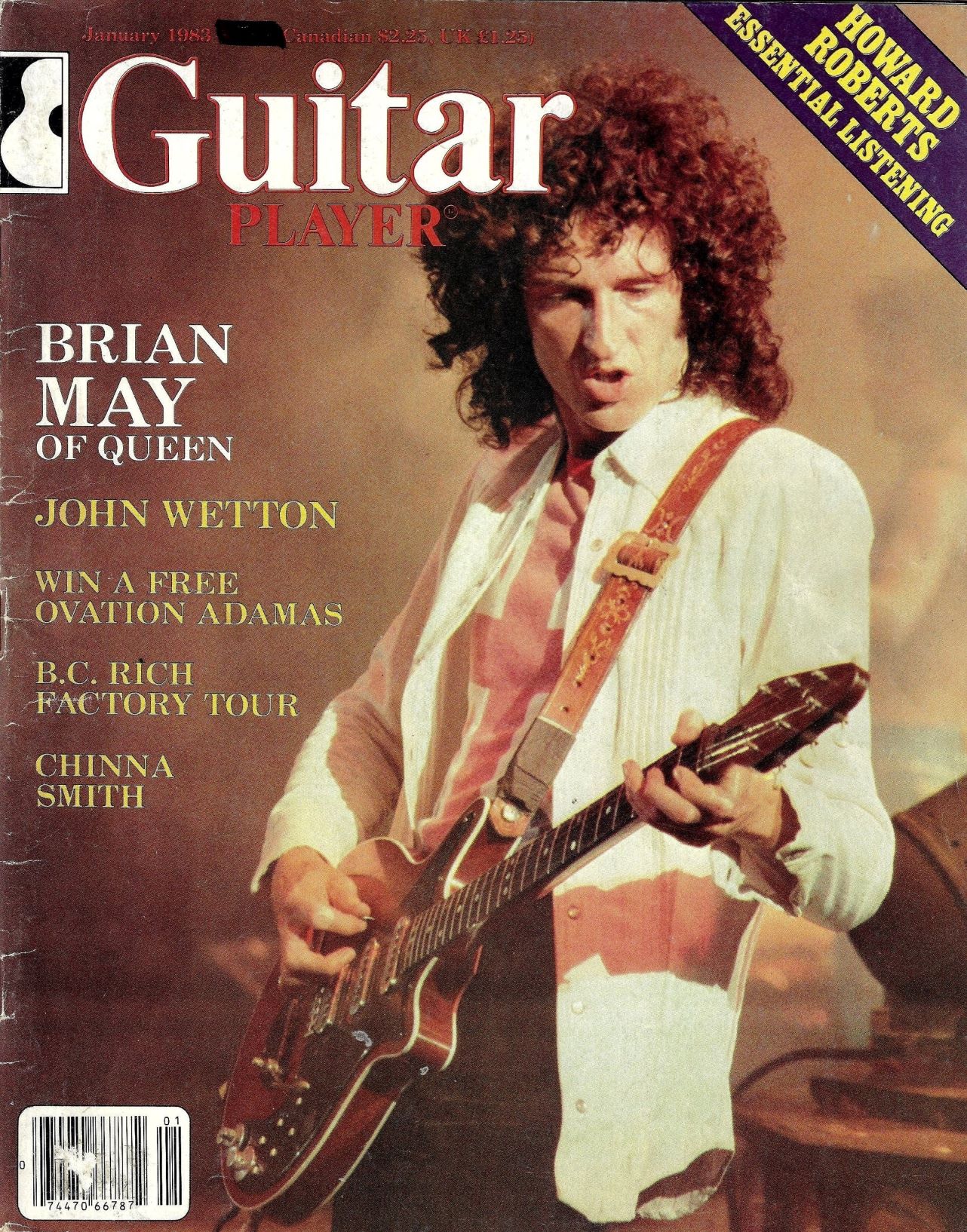
Did you use a Fender on "Crazy Little Thing Called Love" from The Game?
Yes. I used one of Roger's really old, beat up, natural wood Telecasters. I got bludgeoned into playing it. That was [Producer Reinhold] Mack's idea. I said "I don't want to play a Telecaster." It basically doesn't suit my style. But "Crazy Little Thing Called Love" was such a period piece, it seemed to need that period sound. So I said, "Okay, Mack, if you want to set it up, I'll play it". He put it through a Mesa/Boogie, which is an amplifier I don't get on with at all; it just doesn't suit me. I tried it, and it sounded okay.
How did you process the rhythm strums on the version of "Keep Yourself Alive" on Queen?
That was real tape phasing. This was in the days when you took the tape off the sync head, put it though a couple of other tape delays, and then brought it back with the play head. There is no processing whatsoever on the solo in that tune, as far as I remember. I used John Deacons's small amplifier and the Vox AC30 to do those little three-part chorus thing behind, as well as the fingerboard pickup on the guitar. There is a bit more tape phasing on the end of that track.
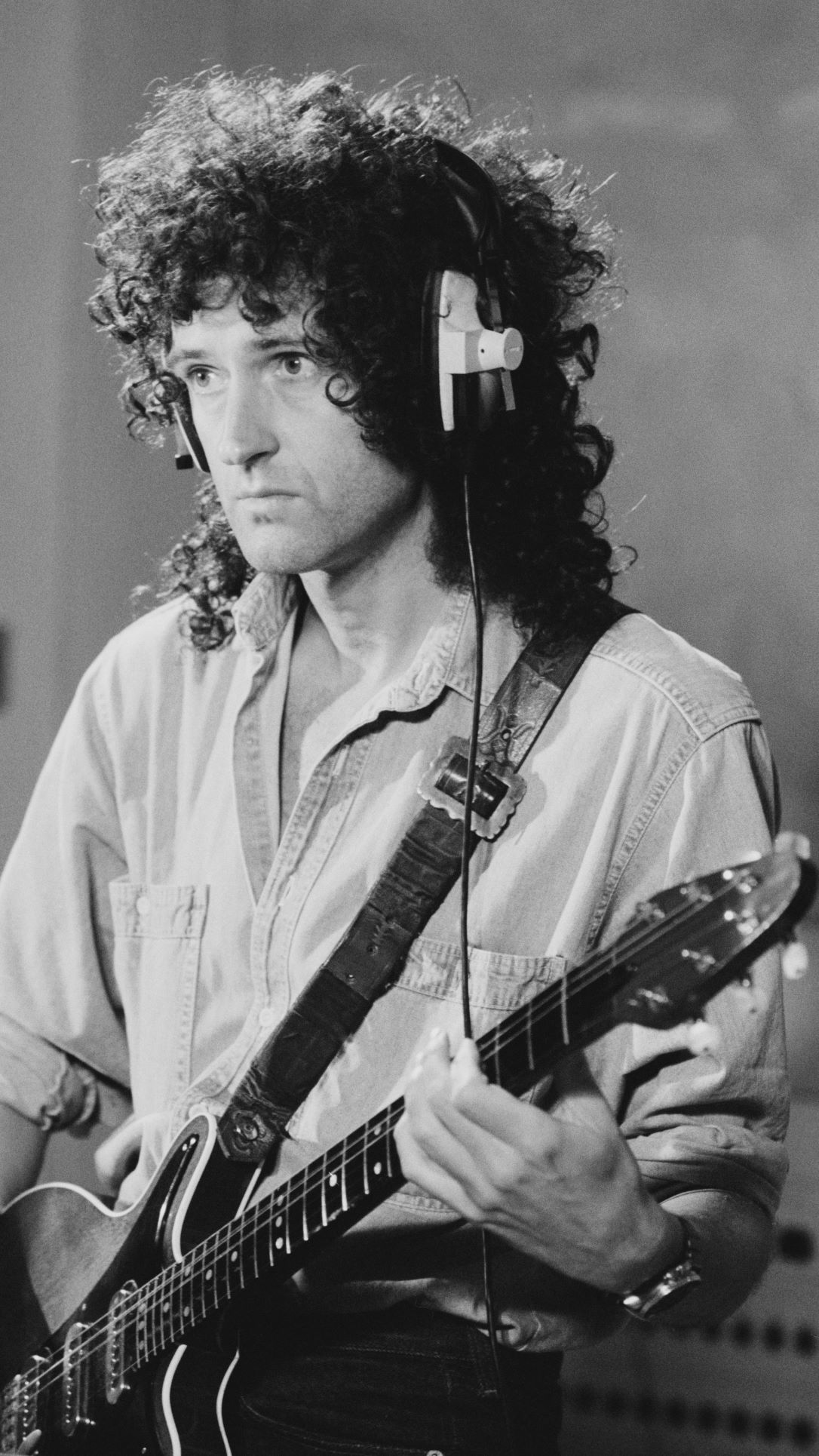
Did you play slide on "Tie Your Mother Down" on A Day at the Races?
Yeah, a glass one. That was on standard tuning. The only tuning I've used apart from normal is to take the bottom string down to D, which I've used on "The Prophet's Song" [A Night at the Opera], "White Man" [A Day at the Races], and "Fat Bottomed Girls" [Jazz].
Did you use a slide for "Dancer" on Hot Space?
No, that's guitar in parallel harmonies. Those aren't my favorite harmonies, really. I much prefer guitar harmonies which aren't parallel. There are very few people who have done them. The real interest in guitar harmonies comes from when they're crossing over, diverging, and converging. Somehow on "Dancer" it seemed right to do those parallels.
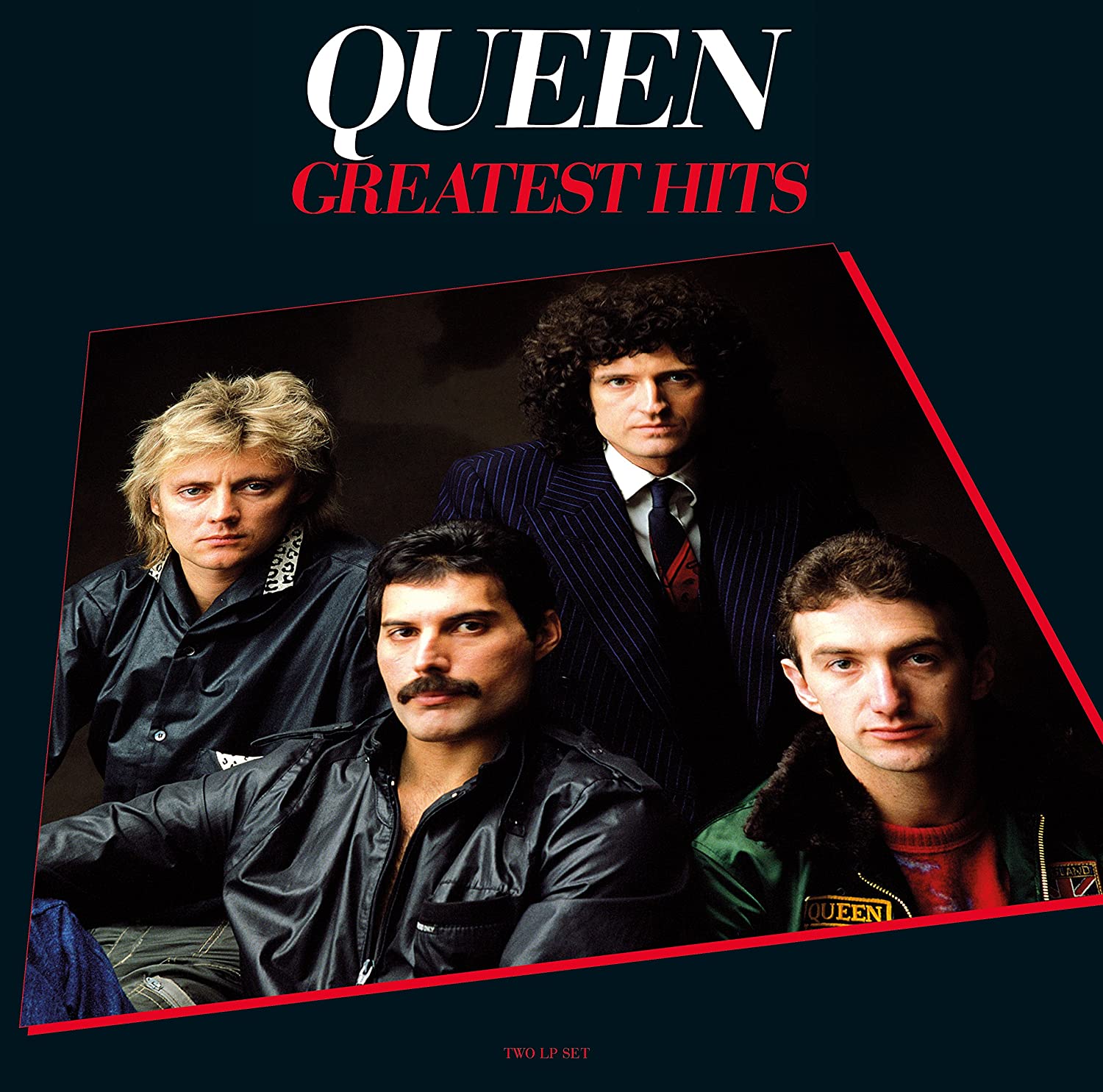
Browse classic Queen albums here.
Get The Pick Newsletter
All the latest guitar news, interviews, lessons, reviews, deals and more, direct to your inbox!
Jas Obrecht was a staff editor for Guitar Player, 1978-1998. The author of several books, he runs the Talking Guitar YouTube channel and online magazine at jasobrecht.substack.com.
"This 'Bohemian Rhapsody' will be hard to beat in the years to come! I'm awestruck.” Brian May makes a surprise appearance at Coachella to perform Queen's hit with Benson Boone
“We’re Liverpool boys, and they say Liverpool is the capital of Ireland.” Paul McCartney explains how the Beatles introduced harmonized guitar leads to rock and roll with one remarkable song










